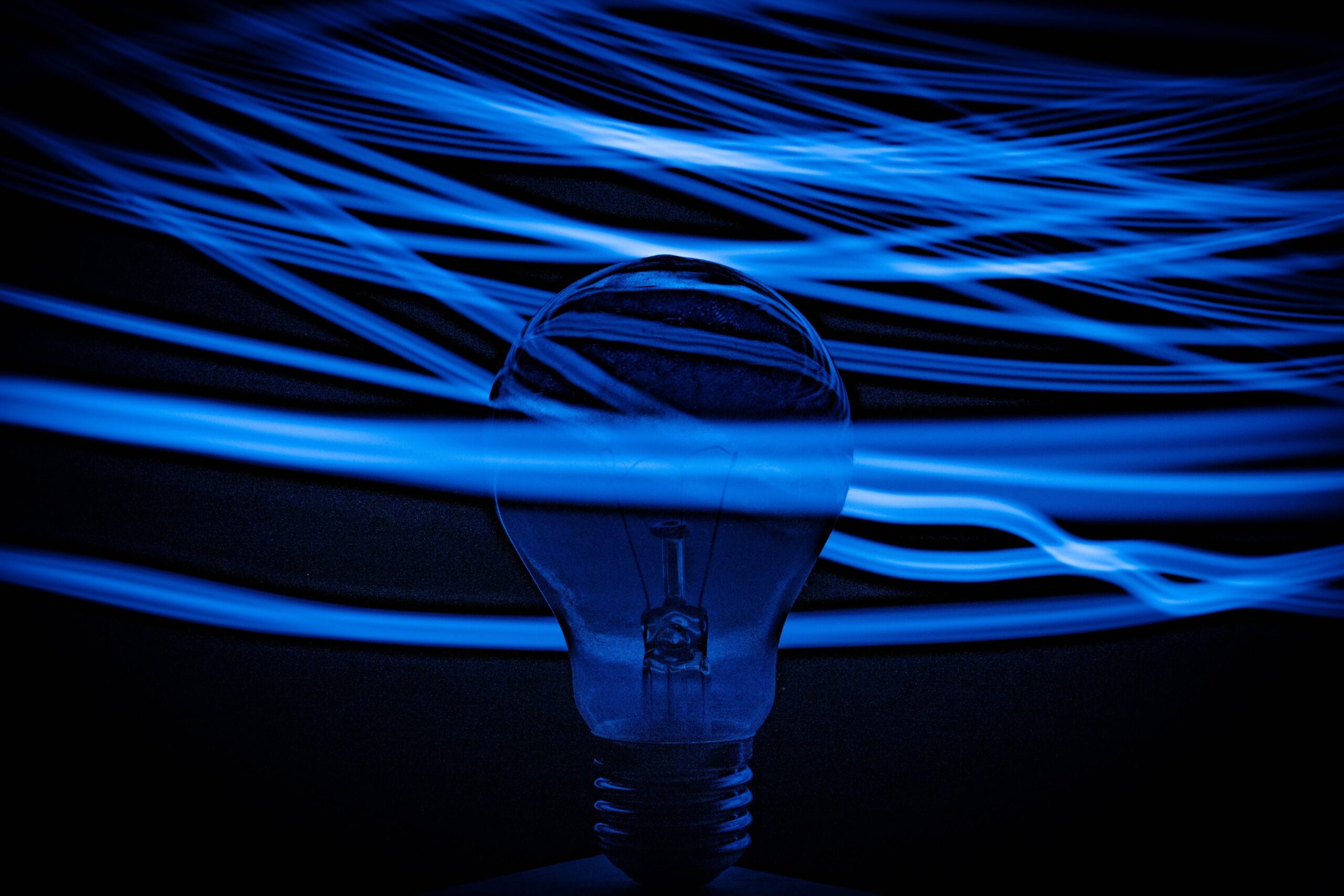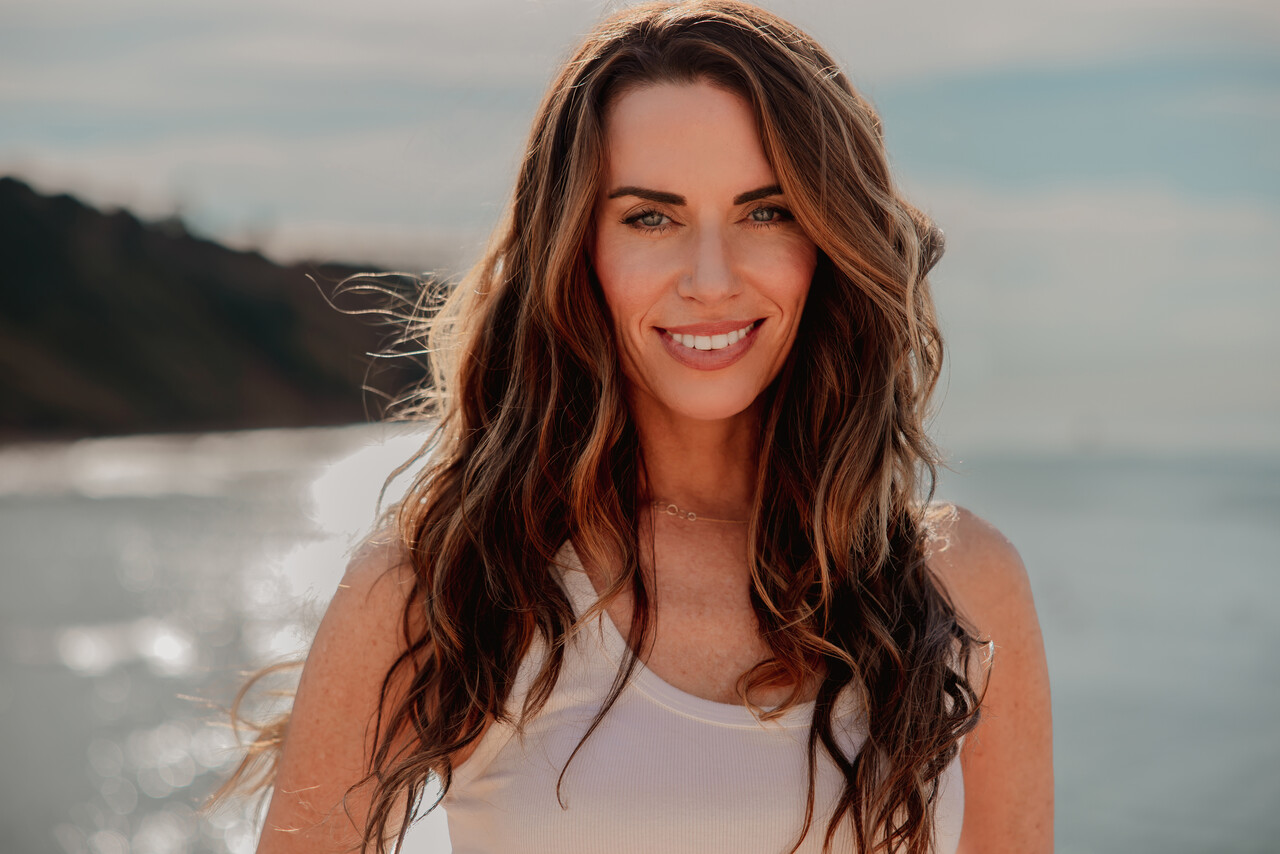There is a dynamic interplay between opposing forces in various aspects of life. Just as there is a yin to every yang, a sun to every moon, there is drama and empowerment. The essence of conscious leadership lies in self-awareness, recognizing which side of the coin we are engaging with, and making informed and accountable decisions.
The Drama Triangle: Recognizing Powerlessness
We have the choice to live and lead from a place of drama, below the line, or to shift our perspective above the line into the realm of empowerment. In order to do so, it is important to develop the ability to identify drama and its common manifestations, which often stem from a sense of powerlessness.
Powerlessness is a mindset that manifests in different ways, such as victimhood, villainy, and heroism. Regardless of which form of powerlessness one adopts, they remain stuck in the same place – below the line, within the drama triangle. Within this triangle, issues cannot be resolved permanently, leading to a repetitive cycle of the same dramas, even in different situations. It is crucial to acknowledge our own contribution to these recurring patterns and recognize that they are opportunities for growth and change.
When we find ourselves trapped in drama, it is the soul’s way of urging us to awaken and make a shift. It signals that there is something better we could be doing, something we are not fully claiming our power to achieve, and something to learn from the situation.
Most of us are familiar with the feeling of being caught up in drama, as it is a common part of the human experience. However, what does it feel like to be in a state of trust? What if we let go of the need to be right and embrace the idea that we are the powerful creators of our own experiences?
The Empowerment Triangle: Shifting Above the Line
Welcome to the Empowerment Triangle – the antithesis of the Drama Triangle. It represents a realm of power, ease, and flow, where we can learn, resolve issues permanently, and create the life we truly desire.
The Empowerment Triangle encompasses three distinct forms of power available to conscious leaders: the Coach, the Challenger, and the Creator. By accessing these three different flavors of empowerment, we can shift out of drama and rise above the line, where we embody power, creativity, resourcefulness, and wholeness. It is in this elevated state of flow that anything becomes possible.
Let’s delve into each role within the Empowerment Triangle.
The Creator: Harnessing Personal Power
The first position is that of the Creator. The entire Empowerment Triangle revolves around the essence of the Creator role because being a Creator is the embodiment of personal power. The opposite of the Victim role is the Creator mode, where individuals claim their personal power and take full responsibility for creating the outcomes they deeply desire. This involves acknowledging the choices made, including the choice to believe certain stories, the impact on others, choices regarding mindset, and recognizing one’s role as the architect of their circumstances. It is a powerful role that grants the ability to change and shape one’s life consciously. Often, we create circumstances without even realizing it. By intentionally creating circumstances, we can design a life that aligns with our aspirations and fosters growth and success.
The Creator is driven by insatiable curiosity, constantly seeking to uncover untapped sources of power that may have been overlooked. Importantly, this exploration is done without judgment. In Creator mode, one embraces their full power and responsibility. They acknowledge that anything within their control is their responsibility. No longer do they feel at the mercy of external circumstances; instead, they recognize their role in shaping their own lives. This shift in perspective transforms responsibility from a burden into an opportunity to craft a life that is authentic and fulfilling.
The Challenger: Inspiring Change without Blame
The second aspect of the Empowerment Triangle is the Challenger. The Challenger stands in contrast to the Villain (also known as the Persecutor) within the Drama Triangle. While the Villain resorts to blaming, shaming, and judging, the Challenger seeks to disrupt patterns that no longer serve individuals or their situations. The Challenger applies gentle yet firm pressure, utilizing discomfort as a catalyst for action. Their aim is to elicit change and call forth something new.
In the role of the Challenger, the focus is not on shaming, blaming, or criticizing others into change. Instead, the Challenger holds up an unarguable mirror, inviting individuals to confront what they have been ignoring by remaining in a state of drama. The encouragement from the Challenger stems from a mindset of boundless possibilities. Challengers firmly believe in the capacity and resourcefulness of others. Rather than perceiving others as powerless victims, they recognize their inherent potential for change if they are willing to embrace it. Challengers are steadfast in their commitment to bringing unconscious patterns to the forefront of conscious awareness.
The Coach: Empowering Others to Unlock Their Potential
The third and final flavor of the Empowerment Triangle is the Coach. Here, “Coach” refers not only to professionals in the coaching field but to each one of us. It is the part of us that inspires and empowers others to recognize their own power. The Coach assists in their progress, helps clarify their desires, and supports them in creating practical and realistic plans for growth.
The Coach role is the empowered counterpart to the Hero mode within the Drama Triangle. While the Hero tends to view others as victims, the Coach sees their inherent power and creativity, even if they may not currently recognize it themselves. A Coach encourages individuals to take ownership of their own outcomes and assumes that the one who has control is also responsible for their actions. Coaches play a pivotal role in guiding and encouraging the Creator within each individual.
When adopting the Coach mindset, one can help others identify both external and internal resources. Coaches instill curiosity about untapped sources of power, assisting others in recognizing the aspects of their lives that lie within their control.
Shifting into Empowerment: Self-Awareness and Responsibility
To shift into the realm of empowerment, it is essential to cultivate self-awareness and recognize when we find ourselves caught up in drama. By questioning the stories we tell ourselves and taking responsibility for our own engagement in drama, we naturally transition into empowerment. Paradoxically, striving too hard to be in the Empowerment Triangle can lead us back into drama. Shifting becomes effortless for those who consistently practice self-awareness, acknowledge their part in the drama, and consciously choose to shift their perspective.
The Empowerment Triangle serves as a powerful alternative to the Drama Triangle. By embracing the roles of the Creator, Challenger, and Coach, we can move from powerlessness and drama to a state of empowerment. Through self-awareness, conscious decision-making, and taking responsibility for our own experiences, we unlock our ability to shape our lives according to our true desires. The Empowerment Triangle invites us to step into our power, tap into our creativity, and embrace a life where anything is possible.
This article is related to my podcast episode on the Empowerment Triangle – Listen here.

